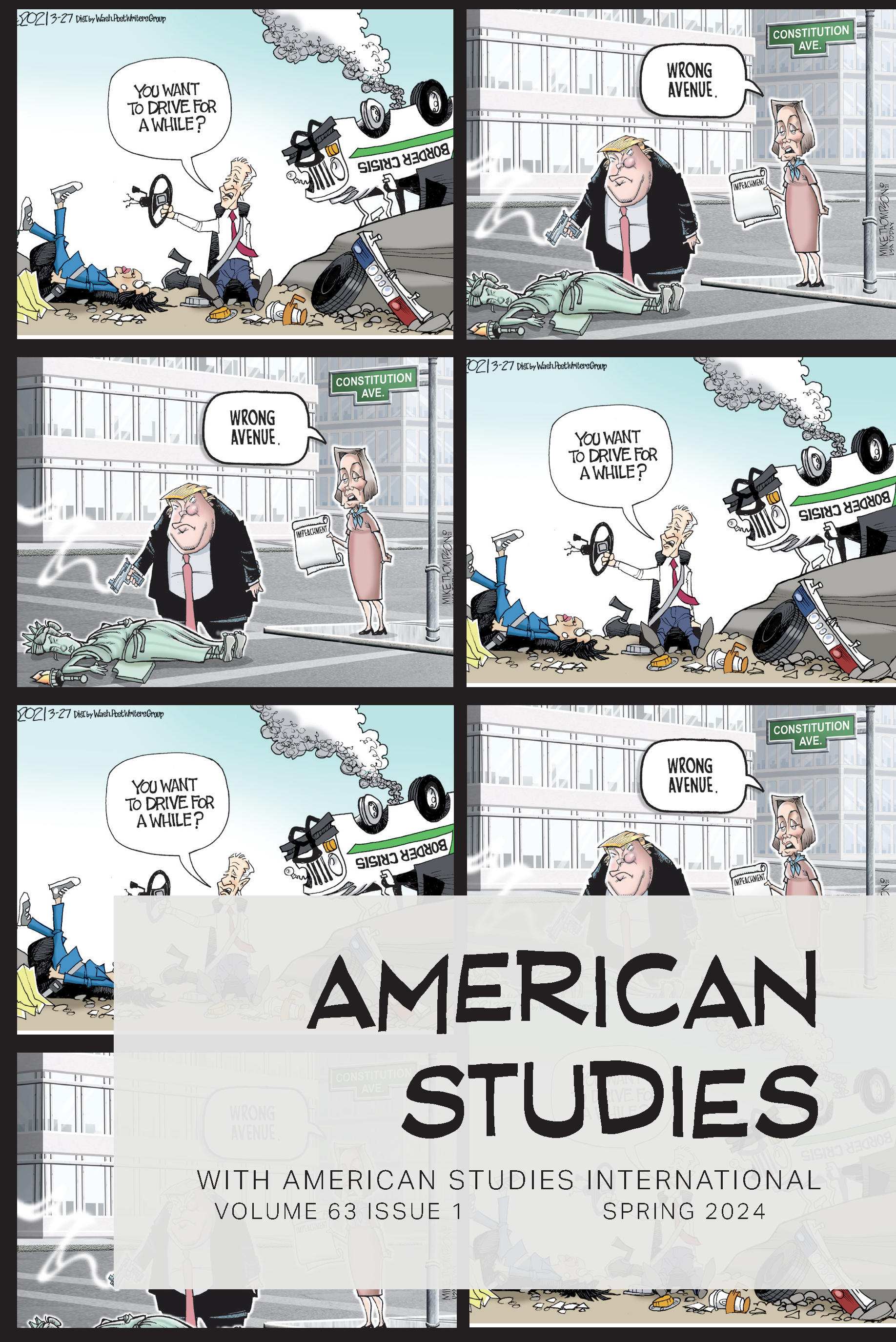Resumen
Few longform journalists are more prolific these days than The New Yorker’s Masha Gessen. Born in Russia, a child of refugees who migrated to the U.S., Gessen has lived in both countries while becoming widely-published on many topics: on modern authoritarianism, language and historical change, LGBTQ politics and more. But perhaps no project has so clearly suggested Gessen’s transnational perspective as The Brothers: The Road to an American Tragedy (2015), a book about Tamerlan and Dzhokhar Tsarnaev, the siblings responsible for the Boston Marathon Bombing of 2013. This essay proposes to unearth the cultural, intellectual and political archive behind this frequently praised but often misunderstood book, as well as the role played by Gessen’s freely acknowledged personal connections to its story about second-generation refugees. Pivoting off recent thinking on refugee testimony, this essay excavates Gessen’s decades-long fascination with post-totalitarian citizenship, an interest that draws, notably, on the work of Hannah Arendt as well as meditations on youth, identity and belonging in the writings of both post-Soviet and American social scientists. Ultimately, it is argued, the very design of this book—its mixture of tragedy and farce, national and transnational frameworks, historical memory and its disappearance —goes to the very heart of Gessen’s analysis of terrorism in a world that is both post-9/11 and post-perestroika.
Keywords: Gessen, Masha; terrorism; refugee testimony; post-totalitarian theory; transnationalism.
All items © Mid-America American Studies Association
Authors: If you prefer to remove your text(s) from this database please contact the editor.

